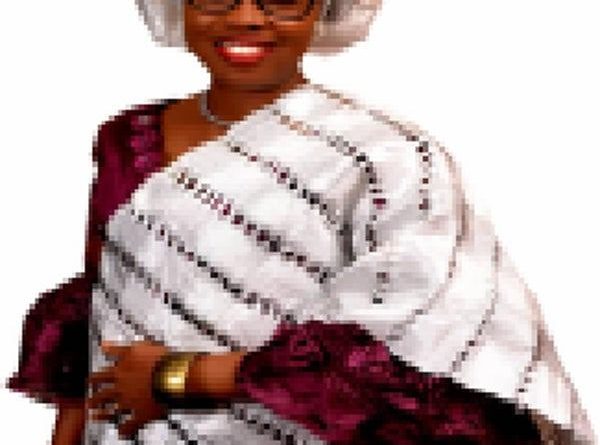Achieving social, economic, national development via reading culture
 By Moses Nosike
By Moses Nosike
The reading culture that is seriously going down the lane is affecting Nigeria’s social, economy, national development, and otherwise.
Developed countries of the world can’t do without acquiring information that helps them succeed in business transactions via reading culture that positions individuals, corporate organisations to do well in a global business competitiveness.
According to Ebehi Igho Imonlega, the Head of Arts Department at Eagles Education Centre in Benin City, readers are leaders and that is what Nigeria needs to build on in order to develop the country.
“So, the place of reading in the overall mental growth of man can never be replaced. Little wonder linguistic scholars continue to promote pleasure reading, in particular, as one of the surest ways of enhancing brain power, increasing vocabulary, and even becoming better writers. Be that as it may, Nigerians are generally considered to have poor reading culture that has been attributed to illiteracy, poverty, noise, undue importance for intensive reading at the expense of recreational reading among others.
Nowadays, many parents prefer to buy toys and video games for their children instead of books or magazines. For teenagers, the situation is even more worrisome as the traditional habits of reading and exchanging of fiction, factual, comics, detective books by teens appear to have been replaced by social/digital media texting, chatting, and the likes. As a result, most of the books in our shops today are self-help, religious or academic books.
Fortunately, some Nigerian authors are rising to the occasion by creating great stories on the peculiar African experience, in a most entertaining, educative and interesting manner.
One of such authors is Ebehi Igho Imonlega, the Head of Arts Department at Eagles Education Centre in Benin City who has authored two books titled: Evenfall and Lost in a Wild Sea, both published by Black Tower Publishers. Evenfall and Lost in a Wild Sea tell the African story in a most revealing, practical, yet humourous way. Among other thematic preoccupations, Ebehi’s novels dwell on patriarchy, rebellion, selfishness, government, economic hardship, as well as outward migration and the impact of distance marriage on the family unit.
Recently in an interview, we asked her what her motivations for writing were. “Many authors reflect their personal experiences in their works of fiction. Do Evenfall and Lost in a Wild Sea tell what you or someone you know experienced?”
Laughing, she explained that someone once accused her erroneously of being ‘Omonye’ – the protagonist of Evenfall for her to be able to narrate the woman’s story so realistically. “Evenfall is not the story of my life,” she maintained. “Lost in a Wild Sea” isn’t either. Otherwise, they would have fallen under the category of biographies. Both stories, especially my more recent one, Lost in a Wild Sea, are strictly products of my imagination. However, literature reflects human experiences and the writer as a social being naturally and unwittingly re-enacts human experiences based on his coexistence and interaction with other people. As a member of the management staff in a private school for instance, I often come across young women whose children have backlogs of school fees unpaid although the patriarchs of their families reside overseas.
Then, I began to wonder what the purpose of marriage was, if a couple had to live apart, often for many years while the family left behind continue to suffer the economic hardship for which one of the caregivers had to leave in the first place. In Edo State where I reside, travelling overseas is considered the gateway to financial success.
Families, properties, relationships, businesses and even education are traded regularly for an opportunity to travel overseas. I consider the continuous absence of a married person at the detriment of his family a rising plague that should be addressed to save our society.
The subject matter for Lost in a Wild Sea on the other hand, is the importance of children in marriage, vis-a-vis the irrational stigmatization associated with barrenness in the African society. Story telling is my own way of lending a voice to the issues of concern in society.
Vanguard
Related
Source link


 By Moses Nosike
By Moses Nosike

